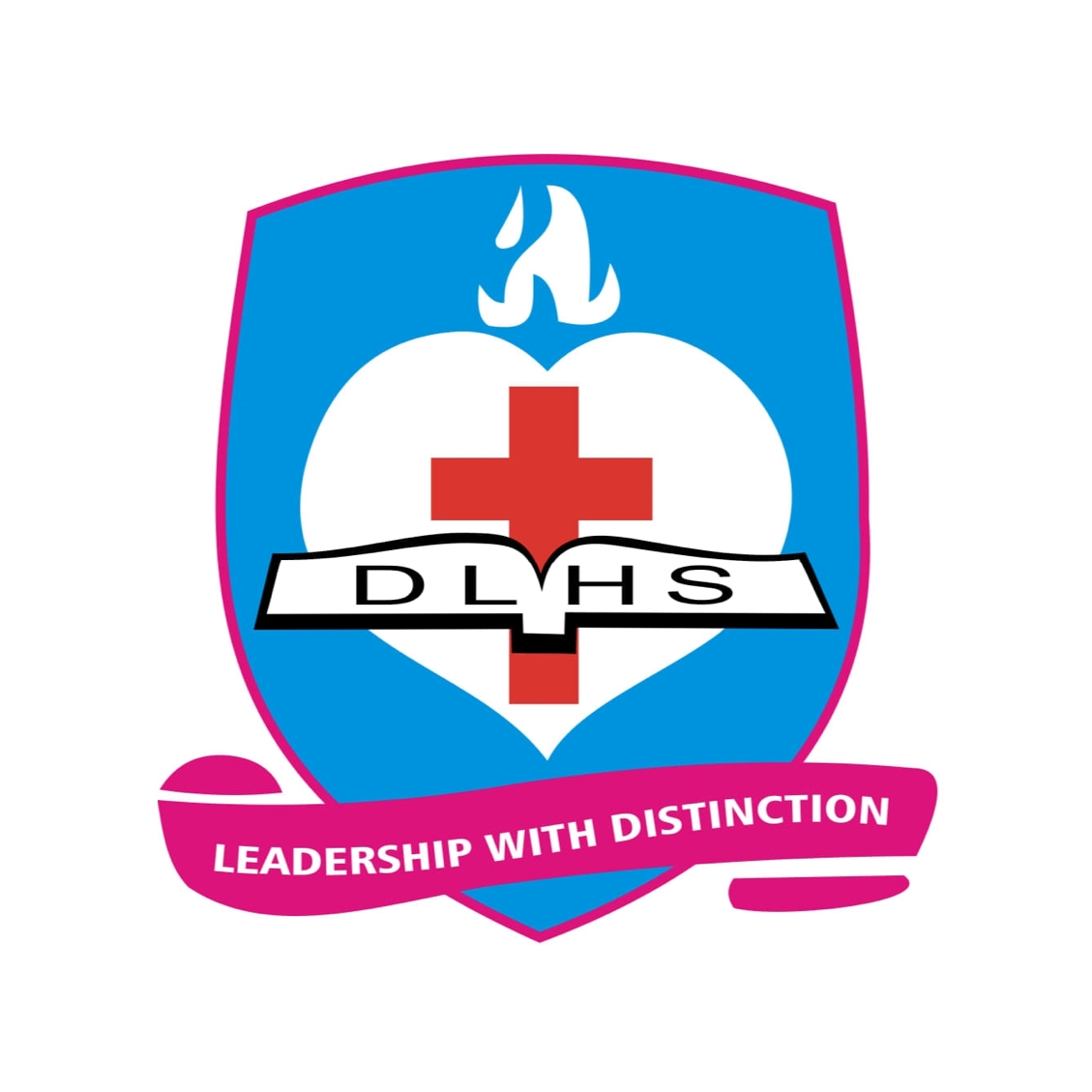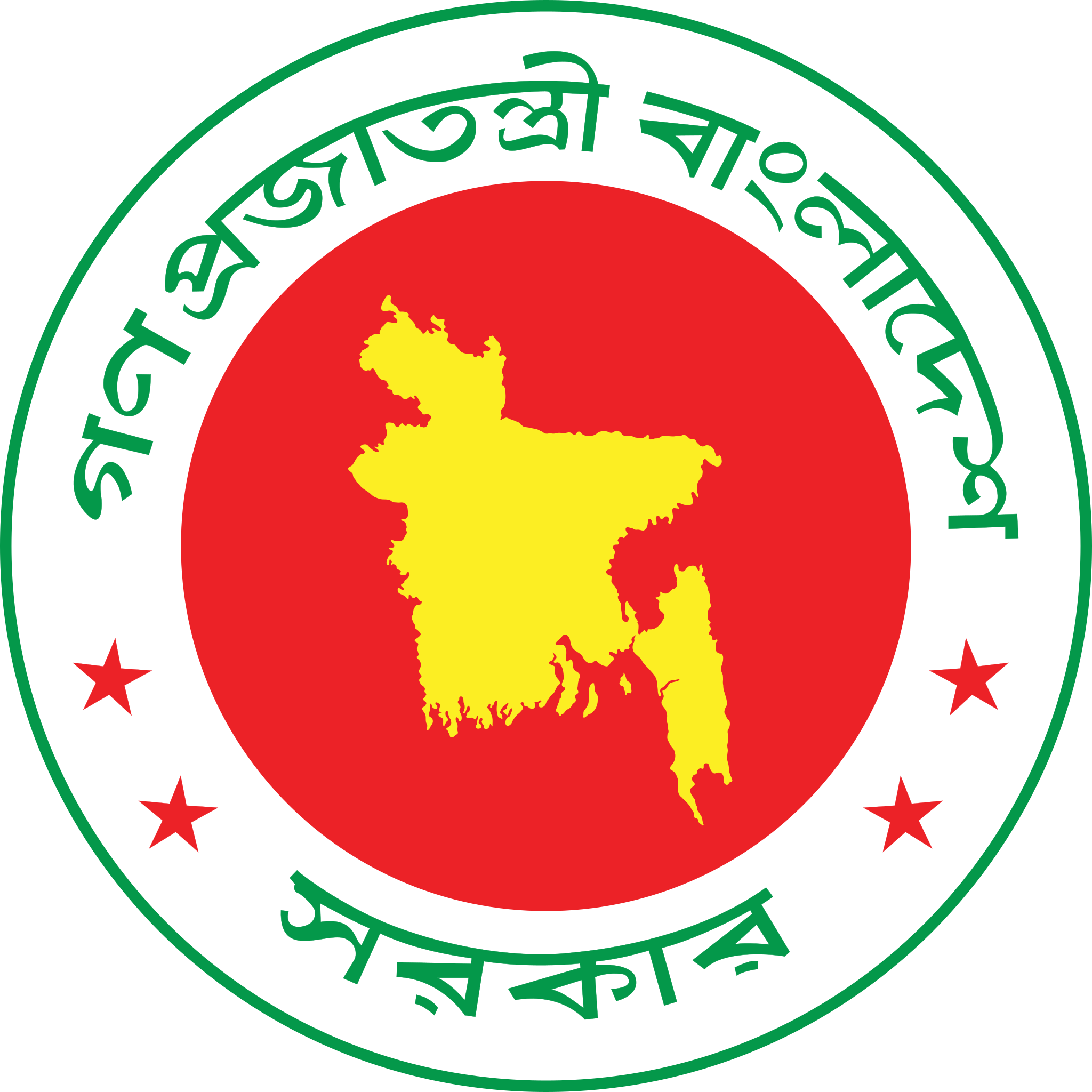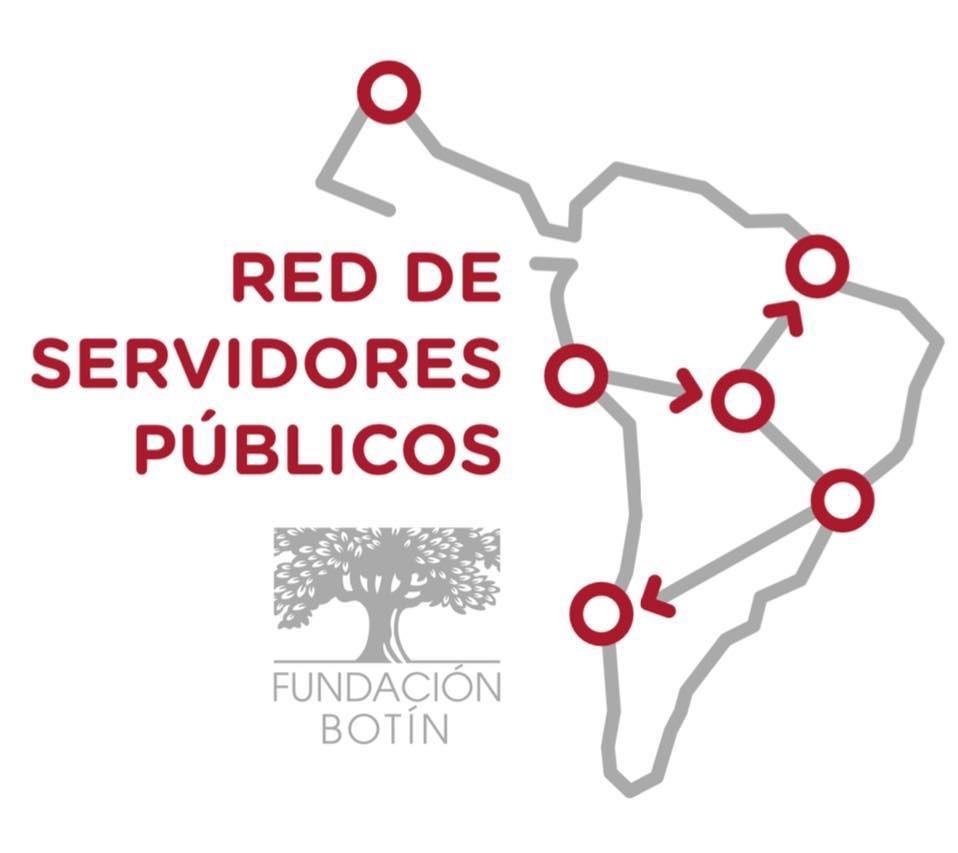The World Bank Group
Description
With 189 member countries, staff from more than 170 countries, and offices in over 130 locations, the World Bank Group is a unique global partnership, and one of the world’s largest sources of funding and knowledge for developing countries. Its five institutions share a commitment to reducing poverty, increasing shared prosperity, and promoting sustainable development:
The International Bank for Reconstruction and Development (IBRD) lends to governments of middle-income and creditworthy low-income countries.
The International Development Association (IDA) provides financing on highly concessional terms to government of the poorest countries.
The International Finance Corporation (IFC) provides loans, equity, and advisory services to stimulate private sector investment in developing countries.
The Multilateral Investment Guarantee Agency (MIGA) provides political risk insurance and credit enhancement to investors and lenders to facilitate foreign direct investment in emerging countries.
The International Center for Settlement of Investment Disputes (ICSID) provides international facilities for conciliation and arbitration of investment disputes.
The South-South Experience Exchange Facility (or South-South Facility) enables the sharing of development experiences and knowledge among developing and emerging countries by funding knowledge exchange activities. Launched in 2008 as a multi-donor trust fund administered by the World Bank, the South-South Facility helps address development challenges and implementation bottlenecks. The Facility funds these knowledge exchanges based on demands expressed by World Bank client countries. The exchanges are designed and implemented with a focus on achieving results.
The South-South Facility results are documented in a series of implementation progress reports, results stories, development outcome stories, videos, and client survey reports that are published on the South-South Knowledge Exchange Library at www.southsouthfacility.org
The role of knowledge exchange or peer-to-peer learning is increasingly seen as an essential element for achieving the World Bang Group’s twin goals as well as the Sustainable Development Goals. Evidence gathered over the last decade from countries that have used knowledge exchange as an integral part of their growth process has shown that, when done right, knowledge exchange has the potential to accelerate development outcomes at all stages of client engagement. The catalytic power of South-South peer learning on development is strongly acknowledged in the WBG Forward Look: A Vision for the World Bank Group in 2030, which shapes a common view among shareholders of how the WBG can best support the development agenda for 2030. The Forward Look identifies knowledge as a core driver that is key to the WBG’s comparative advantage, and it also underlines the key role of the South-South Facility as a mechanism that helps clients apply relevant knowledge to development challenges.
SECTOR
Financial Services, Development Cooperation
Country
United States of America
SDG
01 - No Poverty, 02 - Zero Hunger, 03 - Good Health and Well-being, 04 - Quality Education, 05 - Gender Equality, 06 - Clean Water and Sanitation, 07 - Affordable and Clean Energy, 08 - Decent Work and Economic Growth, 09 - Industry, Innovation and Infrastructure, 10 - Reduced Inequalities, 11 - Sustainable Cities and Communities, 12 - Responsible Consumption and Production, 13 - Climate Action, 14 - Life Below Water, 15 - Life on Land, 16 - Peace and Justice Strong Institutions, 17 - Partnerships for the Goals
Organization Type
International Financial Institution
Similar Organizations
IN
Inter-American Institute for Global Change Research
TYPE intergovernmentalorganization
COUNTRIES Uruguay
SECTOR Research
SOLUTIONS 0

Dawn of Future (DoF)
TYPE ngo
COUNTRIES China
SECTOR Capacity Building, Climate Change, Education, SIDS Accelerated Modalities of Action Pathway/ SAMOA Pathway., Sustainability and Environment, Sustainable Tourism, Heritage Protection, Volunteerism, Youth
SOLUTIONS 0

Deeper Life High School Climate Change Club
TYPE academia
COUNTRIES Nigeria
SECTOR Climate Change, Education
SOLUTIONS 0

Bangladesh Railway
TYPE governmentagency
COUNTRIES Bangladesh
SECTOR Transport and Aviation
SOLUTIONS 0

Network of Public Servants of Latin America
TYPE ngo
COUNTRIES Argentina
SECTOR Development Cooperation, Education, Peace and Development, Research, Youth
SOLUTIONS 0
